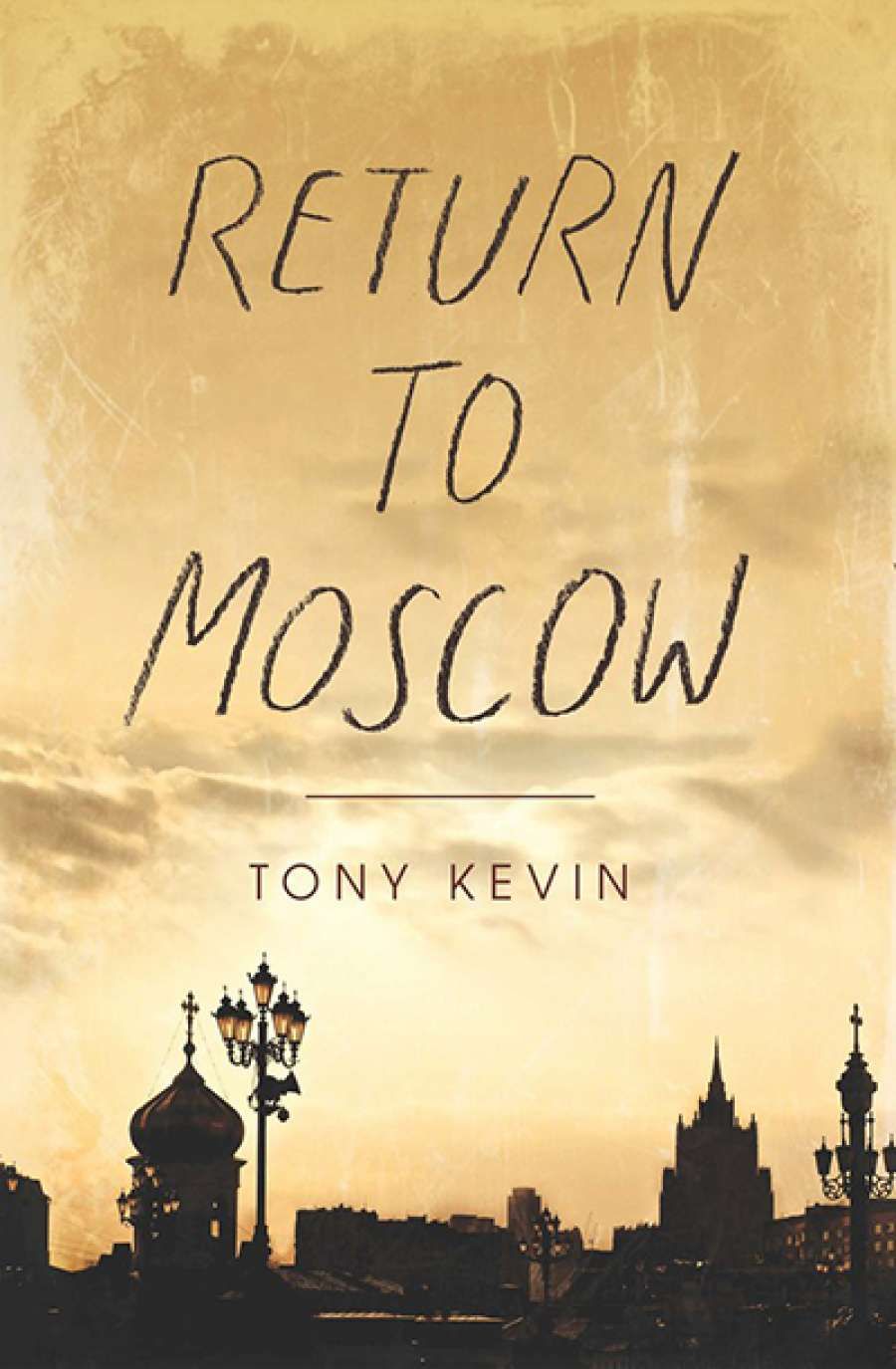
- Free Article: No
- Contents Category: Russia
- Custom Article Title: Nick Hordern reviews 'Return to Moscow' by Tony Kevin
- Book 1 Title: Return to Moscow
- Book 1 Biblio: UWA Publishing $29.99 pb, 332 pp, 9781742589299
This was more or less where matters stood before the election of Donald Trump threatened to reverse the traditional diplomatic polarities. For seventy years US presidents had led the anti-Russian alliance; now there was a president who seemed to be saying good relations with Russia were more important than with Washington’s traditional allies in NATO. But it remains to be seen whether Trump’s pro-Moscow tilt will survive the furore about Russia’s hacking of the US election campaign and claims that he had been compromised by Russian intelligence. Even if it does, the inveterate hostility of the Western security establishment – the deep state – to Moscow and seemingly to Trump himself will pose a significant obstacle to any new détente.
Kevin’s geopolitical argument is the most salient part of Return to Moscow, but the book is actually a mélange of memoir, travelogue, and essays about history and literature. The memoir covers Kevin’s 1969–71 posting as a junior diplomat in Moscow, where, by his account, the Australian Embassy was an insignificant player. There to boost the Western presence, its staff was so tiny they had little to contribute to the pooling of information that is the stock-in-trade of the Anglo club of embassies.
With one seeming exception: Laurie Matheson. As Kevin tells it, Matheson was a fluent Russian speaker, a Pushkin-quoting former naval intelligence officer who fostered Australian exports to the Soviet Union during the 1970s, first as a trade official, then as a private businessman. Later, Matheson got caught up in the 1982–83 Combe–Ivanov Affair, in which senior Labor figure David Combe was accused of compromising national security through his association with Soviet diplomat Valery Ivanov, identified by ASIO as a KGB agent. Combe was subsequently cleared by the Hope Royal Commission into Australia’s intelligence services, but the real victim, Kevin argues, was Matheson himself. He had hired Combe as a consultant and was informing ASIO about his employee’s Soviet connections. When all this came out in the Royal Commission, Matheson’s reputation was shredded. In an intriguing footnote to Australian intelligence history, Kevin devotes a whole chapter to Matheson’s rehabilitation.
The subsequent chapters cover more well-trodden ground: Boris Pasternak’s life and work mirrored the tragedy of the Stalin Era; physicist Andrei Sakharov campaigned heroically for human rights during the Brezhnev era; the murder of the imperial Romanovs was a human tragedy; and Tolstoy was a great writer but a bit of a domestic brute. Anyone headed for Russia could follow Kevin’s itinerary, his book in hand, to his or her advantage.
Kevin uses this material, spiced with sympathetic vignettes of Russian life and people, to support his geopolitical argument. Look, he says, we’re dealing with an ancient and highly cultured nation with a strong sense of its historical and political identity and not, as so many of ‘the war party’ would have it, with a pack of brutalised automata. Washington and its allies, Kevin says, should adopt a more conciliatory approach.
He is right and he is wrong. Right, because the West does bear significant responsibility for the current standoff; wrong, because it is too late to recover the goodwill of the 1990s. Conciliation has already been tried: President Obama followed up his March 2009 offer of a ‘reset’ in relations with Moscow with a number of placatory gestures, including the cancellation of George W. Bush’s provocative ballistic missile defence base in Poland. By then an embittered Moscow had itself turned from the path of moderation, and the downward spiral into more open confrontation had begun, culminating in the 2014 Russian seizure of Crimea.
 Vladimir Putin and Barack Obama, 2015 (Wikimedia Commons)
Vladimir Putin and Barack Obama, 2015 (Wikimedia Commons)
The standoff between Russia and the West is like a bad marriage, where both parties recite a history of the relationship in which it is all the other’s fault. Given the political rewards for displays of nationalist posturing (or ‘shirtfronting’ as it is known in Australia), mutual understanding is a lost cause. We’re headed back into an era of mutually assured (nuclear) destruction and proxy conflicts in places like Syria and Afghanistan. It is a measure of just how bad things are that a Trump solution seems like a good outcome.


Comments powered by CComment